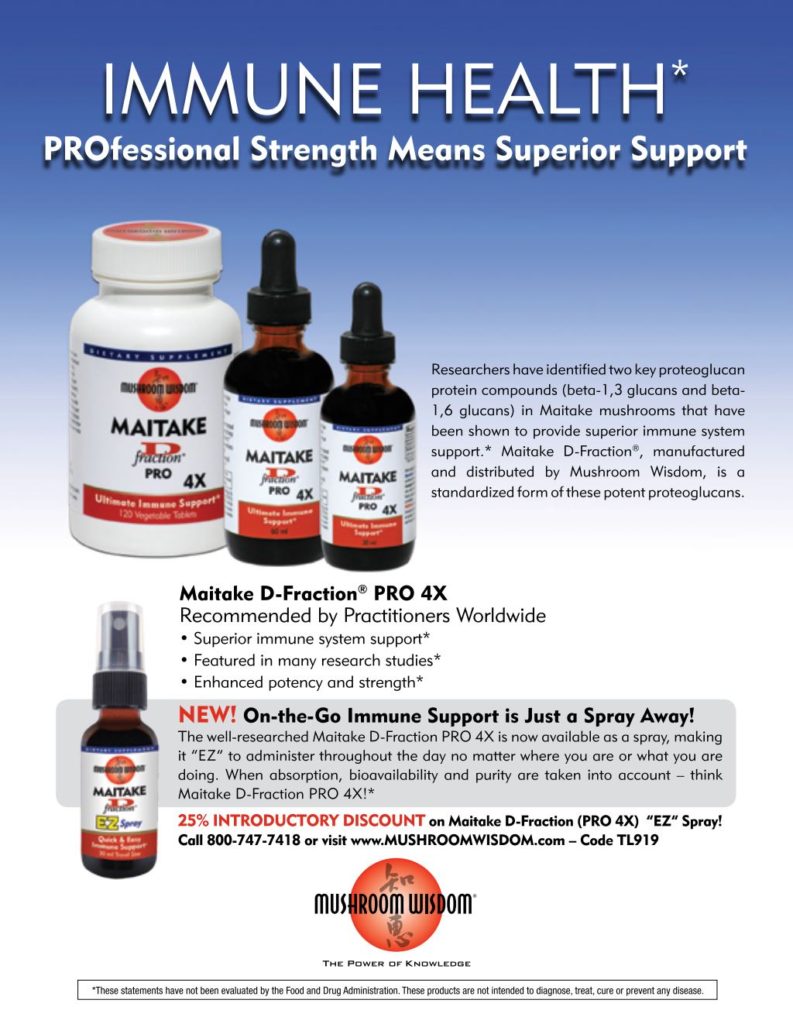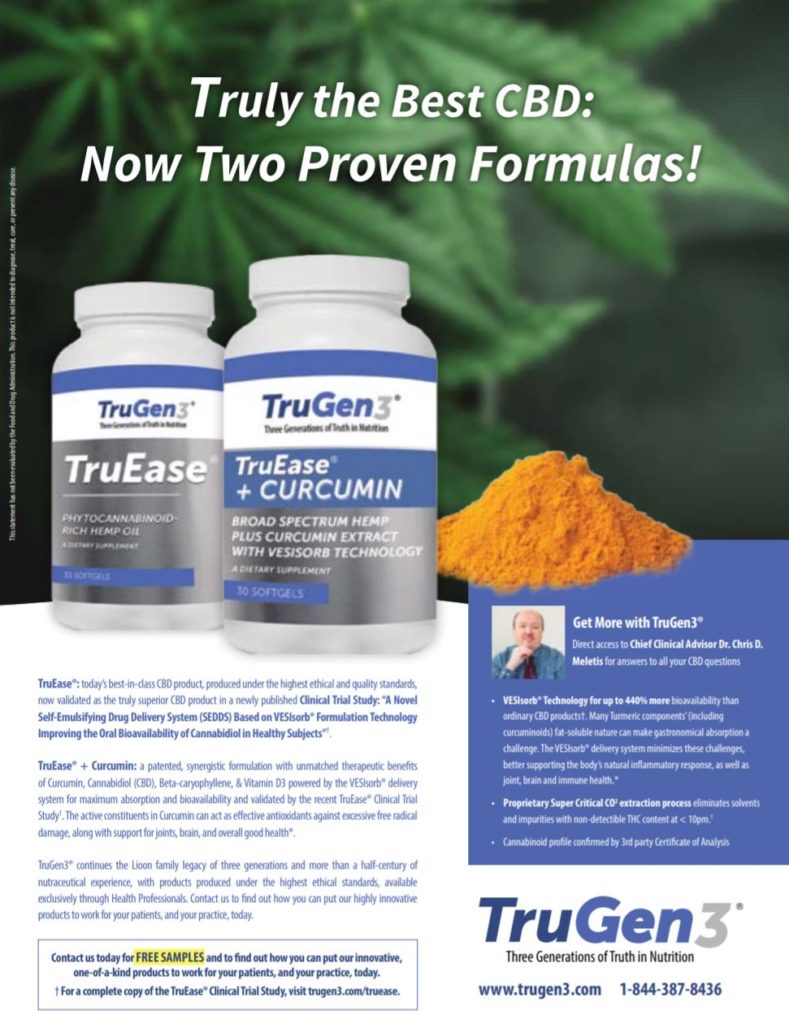…article continued…
Although De Groot’s results seem to confirm that our general theories about IGF-1 and breast cancer are on target, Tong’s data hint that other growth inducers outweigh the effect of IGF-1, at least for HER-2 + breast cancers. Biology, it turns out, is more complicated than we thought, and there are a range of chemical factors in the body which drive cancer growth beside estrogen, insulin, and IG-1. Tong’s data suggest some other factor is at play, one associated with obesity.
We should note that this isn’t the first report to differentiate the effect of IGF-1 in breast cancer based on BMI. In 2013, Catherine Duggan et al reported that increased IGF-1 levels were associated with an approximate two-fold greater risk of BC-specific mortality in participants with a BMI >25 kg/m2, than in lean women. On the other hand, they also found that high serum levels of IGF-1 and the IGF-1/IGFBP-3 ratio were associated with increased risk of all-cause mortality in women with breast cancer.13 Duggan’s study participants were not limited by HER-2 status, and their findings suggest that a similar division by BMI might apply to broad range of breast cancer patients.
We must ask why obesity has such a profound impact on cancer. Tong et al offer no theory to explain their results. The answer to the question Tong’s data elicit is probably why obesity is so closely tied to cancer in general, a phenomenon we are all aware of but tend to not pay much attention to. Probably one of those elephants in the room things.
Having unexplained and curious phenomenon in the universe, mysteries, as we might term them, is a source of delight and wonderment for many. For some people, unexplained mysteries niggle at the back of our awareness, begging for explanation. Why does obesity change cancer outcomes so much and now in particular, why this peculiar IGF-1 and obesity relationship? Let me offer up my current thinking, with the caveat that I do possess a BS degree and that by the time this is in print, the theories will have changed.
Obesity is the elephant in the cancer room; only smoking carries a greater risk of cancer. Yet surprisingly little work elucidates the actual mechanisms by which obesity promotes cancer. Perhaps this is a result of our efforts to be socially proper and not notice or make a fuss if someone is overweight? On a tissue level obesity causes a chronic inflammatory state resembling chronic injury14; but at this point, a better explanation seems necessary.
The confusing action obesity has in the Tong study is not uncommon. There are a number of cancers in which obesity increases risk, speeds progression and then, oddly provides a survival advantage. This is referred to as the “obesity paradox.”15,16
One plausible explanation appeared in Lancet Oncology back in 2018. Jennifer McQuade at MD Anderson reported that checkpoint inhibitor drugs that target PD-1 work better in obese patients than in normal weight ones. In 330 advanced melanoma patients, those who were male and overweight lived an average of almost 27 months compared to normal weight patients who averaged only 14 months. At the start of the study her assumption had been that obesity would worsen prognosis, not improve it.17 Being fat is supposed to be bad for cancer, after all.
Tumors grow faster in obese mice and obese people, and this is apparently because their T-cells are “exhausted,” no longer capable of performing their role in limiting cancer growth. The T-cells stop proliferating and become sluggish at secreting proteins that stimulate the immune system. The T-cells also display more than average PD-1, meaning cancer cells are better at suppressing T-cell function, telling these defenders to “leave me alone.”18,19
These effects all appear to be driven by the hormone leptin, which is closely linked to obesity. This may explain why these drugs that inhibit PD-1 work well in both obese tumor-bearing mice and overweight cancer patients. PD-1 protects cancer cells better, or more effectively, in fat bodies; it is the chronically elevated leptin levels that exhausts the T-cell so that the immune system cannot defend against cancer. Remember, high leptin increases PD-1 expression on the T-cells leaving them more vulnerable to being shut down. PD-1 inhibitor drugs reawaken the T-cells and lead to a renewed immune defense. Thus, in the obese, PD-1 inhibitor drugs can have a greater impact.20
Leptin, the hormone most linked with obesity, is associated with improved outcomes in breast cancer. In 2019 Yan Kong et al reported that in their study of 325 breast cancer patients, those who had a complete response to chemo treatment, had higher serum leptin levels and more leptin receptors than in patients whose disease progressed.21
Reports now link obesity with improved overall survival and progression-free survival in patients with metastatic melanoma, bladder cancer, colorectal cancer, lung cancer, and renal cell carcinoma treated with targeted or immunotherapy and high leptin seems to be the common denominator.22-27
Kong’s breast cancer data wasn’t looking at patients undergoing immunotherapy treatment so we must consider and guess whether the results were related to changing leptin levels.
Which brings us back to fasting and fast-mimicking diets. Caloric restriction in humans dramatically lowers leptin. One human trial of eight weeks reported leptin dropping nearly 50%.28 We may need to reinterpret our concept of fasting and caloric restriction; it does more than lower IGF-1. Caloric restriction also lowers leptin, perhaps profoundly. Fasting may also act to reawaken exhausted T-cells.
Taken together, these studies suggest that there are multiple hormones that interact to promote breast cancer growth and that we cannot expect to make sense when examining them one at a time; leptin interacts with IGF-1, IGF-binding protein-3, insulin and estrogen in breast cancer. All of these need to be examined and their interactions understood.29 Our desire for simple explanations will not bring us the answers we require.
In research using human breast cancer cell lines, leptin increased HER-2 protein levels and enhanced the responsiveness of HER-2+ breast cancer cells to other growth promoting chemicals.30 It is possible that leptin and IGF-1 have a greater impact on HER2+ breast cancer and this is why Tong’s data were so striking.
It seems that the interaction leptin has with other growth factors should be our new focus of attention. But should we even bother to measure leptin in our cancer patients? Or is the old BMI calculation enough to estimate it? I don’t know the answer yet. As I wrote early on, Tong’s results have left me confused, sitting at my desk scratching my head.
1. de Groot S, et al. Fasting mimicking diet as an adjunct to neoadjuvant chemotherapy for breast cancer in the multicentre randomized phase 2 DIRECT trial. Nat Commun. 2020;11(1):3083.
2. Tong Y, et al. IGF-1 Interacted With Obesity in Prognosis Prediction in HER2-Positive Breast Cancer Patients. Front. Oncol. April 24, 2020;10:550.
3. Couzin J. Can Fasting Blunt Chemotherapy’s Debilitating Side Effects? Science. 29 August 2008.
4. Raffaghello L, et al. Starvation-dependent differential stress resistance protects normal but not cancer cells against high-dose chemotherapy. Proc Natl Acad Sci U S A. 2008 Jun 17;105(24):8215-20.
5. Mike Bassett. Brief Quasi-Fasting Diet Boosts Breast Cancer Chemo Response — Randomized trial in neoadjuvant setting. MedPage Today. June 28, 2020.
6. Cheng M, Gunderman RB. Is obesity a disease?-the evolving concepts, cancer paradox and association with improved cancer immunotherapy efficacy. Hepatobiliary Surg Nutr. 2020 Apr;9(2):247-249.
7. LeRoith D, Roberts CT, Jr. The insulin-like growth factor system and cancer. Cancer Lett. 2003;195:127–137
8. Vincent AM, Feldman EL. Control of cell survival by IGF signaling pathways. Growth Horm IGF Res: official journal of the Growth Hormone Research Society and the International IGF Research Society. Aug 2002;12:193–197.
9. Christopoulos PF, Msaouel P, Koutsilieris M. The role of the insulin-like growth factor-1 system in breast cancer. Mol Cancer. 2015;14:43.
10. Denduluri SK, et al. . Insulin-like growth factor (IGF) signaling in tumorigenesis and the development of cancer drug resistance. Genes Dis. (2015) 2:13-25.
11. Nahta R. Pharmacological strategies to overcome HER2 cross-talk and Trastuzumab resistance. Curr Med Chem. (2012) 19:1065–75.
12. Yerushalmi R, et al. . Insulin-like growth factor receptor (IGF-1R) in breast cancer subtypes. Breast Cancer Res Treat. (2012) 132:131–42.
13. Duggan C, et al. . Associations of insulin-like growth factor and insulin-like growth factor binding protein-3 with mortality in women with breast cancer. Int J Cancer. (2013) 132:1191–200.
14. Iyengar NM, Gucalp A, Dannenberg AJ, Hudis CA. Obesity and Cancer Mechanisms: Tumor Microenvironment and Inflammation. J Clin Oncol. 2016;34(35):4270-4276.
15. Greenlee H, et al. Association between Body Mass Index and Cancer Survival in a Pooled Analysis of 22 Clinical Trials. Cancer epidemiology, biomarkers & prevention. 2017;26(1):21–9.
16. Lennon H, Sperrin M, Badrick E, Renehan AG. The Obesity Paradox in Cancer: a Review. Curr Oncol Rep. 2016;18(9):56.
17. McQuade JL, et al. Association of body-mass index and outcomes in patients with metastatic melanoma treated with targeted therapy, immunotherapy, or chemotherapy: a retrospective, multicohort analysis. Lancet Oncol. 2018;19(3):310-322.
18. Kaiser J. Obesity gives unexpected boost to anticancer drugs. Science.16 Nov 2018;362 (6416):734.
19. Woodall MJ, et al. The Effects of Obesity on Anti-Cancer Immunity and Cancer Immunotherapy. Cancers (Basel). 2020 May 14;12(5):1230.
20. Wang Z, et al. Paradoxical effects of obesity on T cell function during tumor progression and PD-1 checkpoint blockade. Nat Med. 2019;25(1):141-151.
21. Kong Y, et al. The Effect of the Leptin and Leptin Receptor Expression on the Efficacy of Neoadjuvant Chemotherapy in Breast Cancer. Med Sci Monit. 2019;25:3005-3013.
22. Cheng M, Gunderman RB. Is obesity a disease?-the evolving concepts, cancer paradox and association with improved cancer immunotherapy efficacy. Hepatobiliary Surg Nutr. 2020 Apr;9(2):247-249.
23. Naik GS, et al. Complex inter-relationship of body mass index, gender and serum creatinine on survival: exploring the obesity paradox in melanoma patients treated with checkpoint inhibition. J Immunother Cancer. 2019;7:89.
24. Renfro LA, et al. Body mass index is prognostic in metastatic colorectal Cancer: pooled analysis of patients from first-line clinical trials in the ARCAD database. J Clin Oncol. 2016;34:144-50.
25. Martini DJ, et al. Body mass index (BMI) and toxicities and association with clinical outcomes (CO) in metastatic renal cell carcinoma (mRCC) patients (pts) treated with cabozantinib (cabo). J Clin Oncol. 2019;37:613.
26. Lalani AA, et al. Impact of body mass index (BMI) on treatment outcomes to immune checkpoint blockade (ICB) in metastatic renal cell carcinoma (mRCC). J Clin Oncol. 2019;37:566.
27. Cortellini A, et al. A multicenter study of body mass index in cancer patients treated with anti-PD-1/PD-L1 immune checkpoint inhibitors: when overweight becomes favorable. J Immunother Cancer. 2019;7:57.
28. Camps SG, Verhoef SP, Westerterp KR. Leptin and energy restriction induced adaptation in energy expenditure. Metabolism. 2015;64(10):1284-1290.
29. Schmidt S, Monk JM, Robinson LE, Mourtzakis M. The integrative role of leptin, oestrogen and the insulin family in obesity-associated breast cancer: potential effects of exercise. Obes Rev. 2015 Jun;16(6):473-87.
30. Giordano C, et al. Leptin increases HER2 protein levels through a STAT3-mediated up-regulation of Hsp90 in breast cancer cells. Mol Oncol. 2013 Jun;7(3):379-91.








